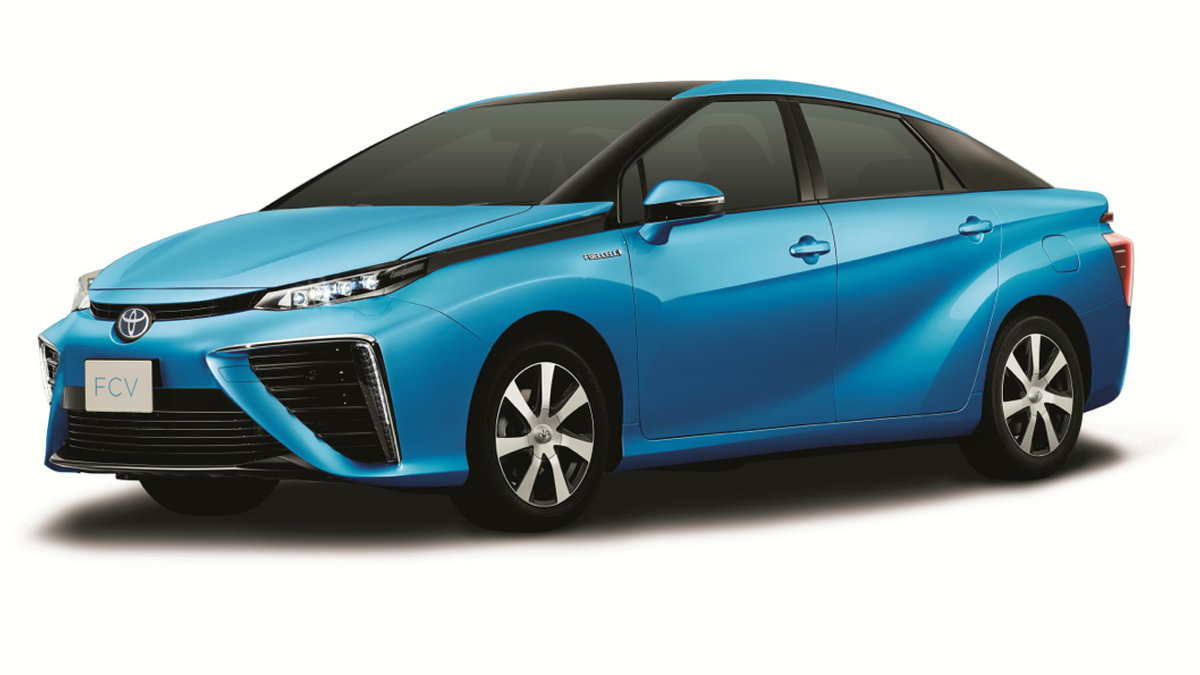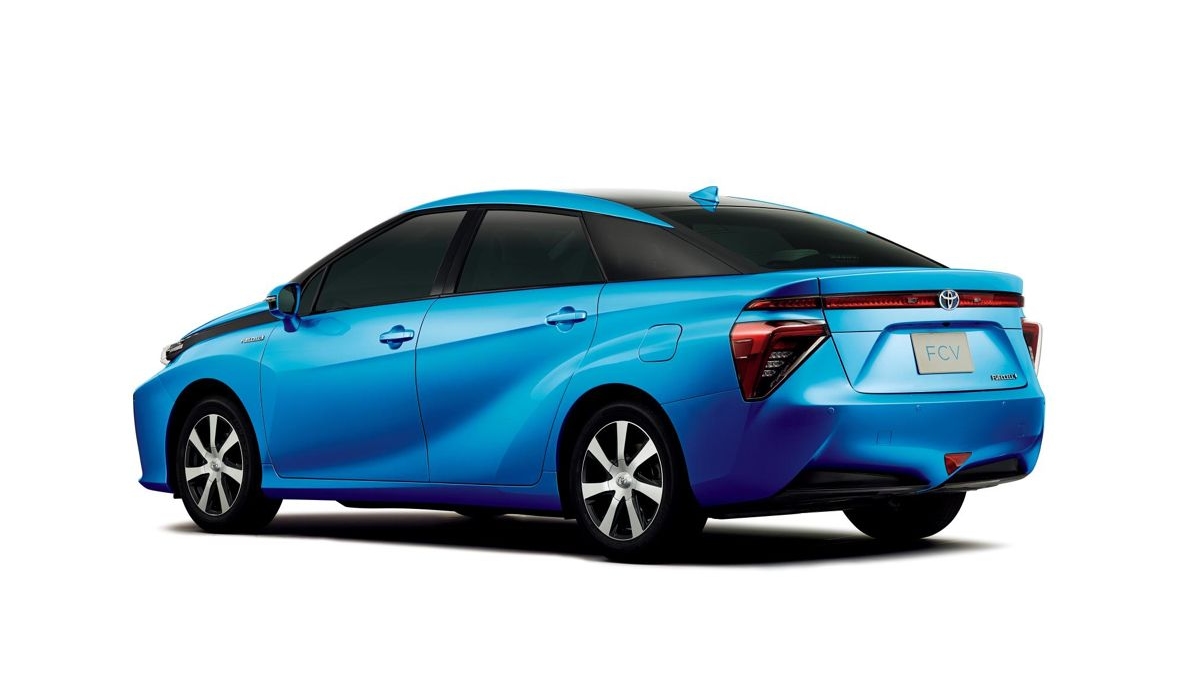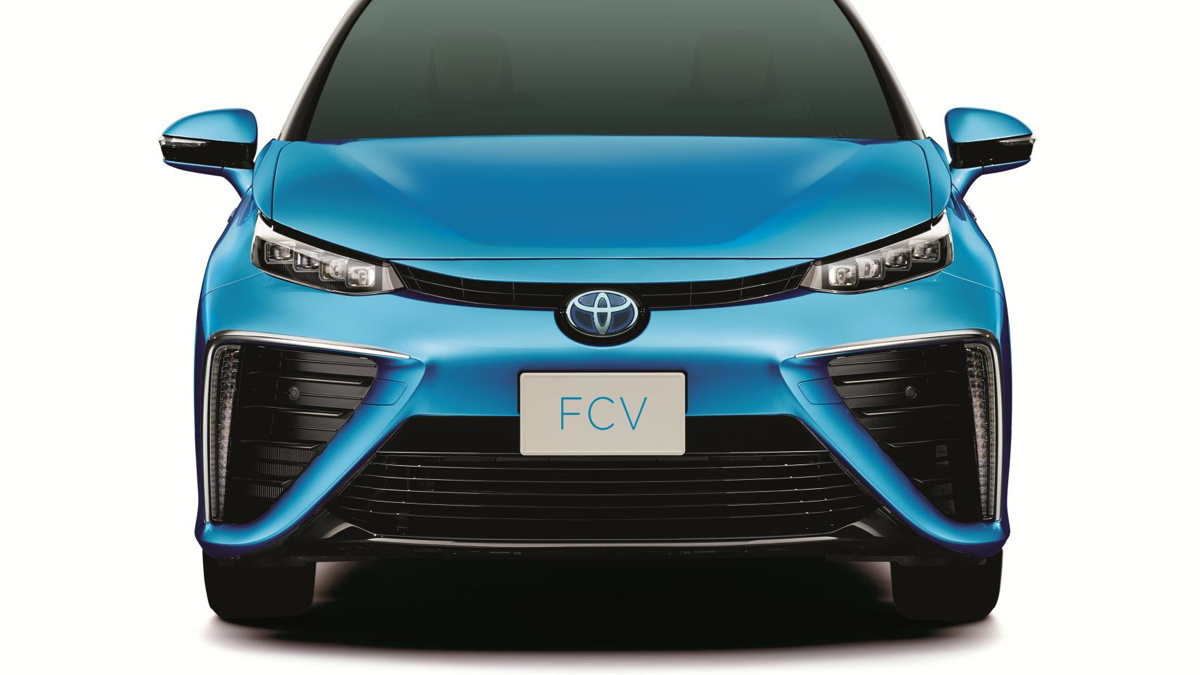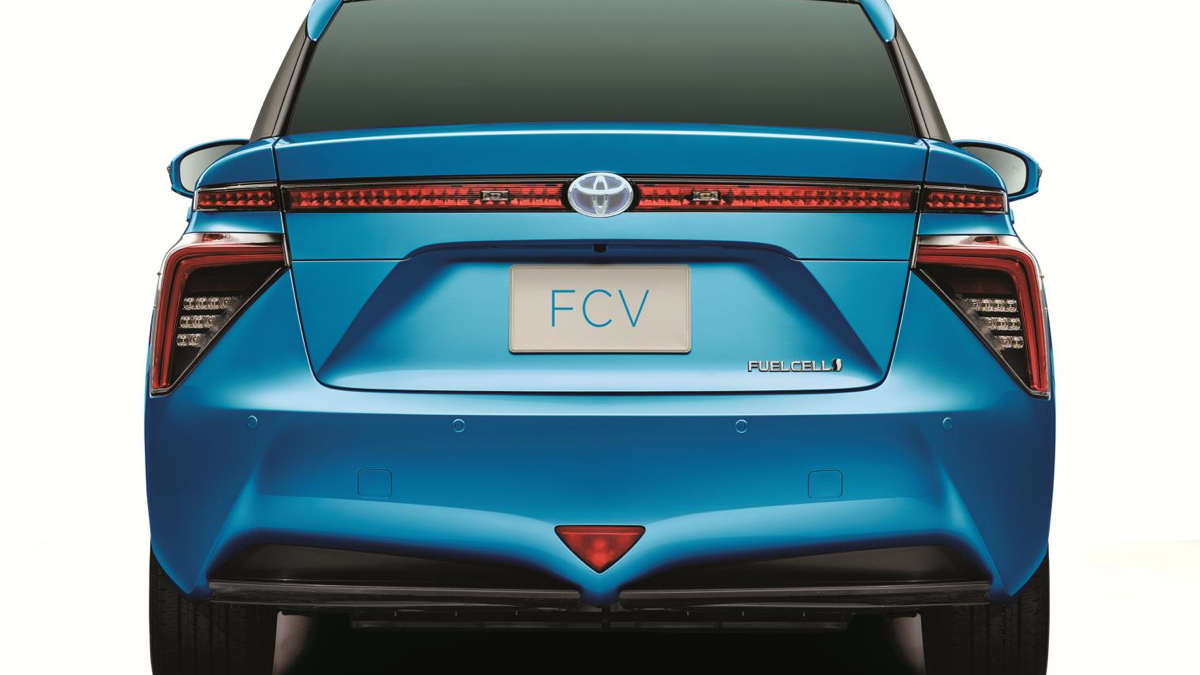First Element Fuels--the hydrogen fuel provider presently operating using funding provided by Toyota and the state of California--expects it might be, despite the huge challenges that lay ahead of it.
Speaking to Wards Auto, the company hopes that soon after building its first forty-or-so stations, the business can become profitable.
That's a big ask considering just a handful of hydrogen fuel vehicles will be on the market over the next five years.
The first of those is set to be Toyota's recently-unveiled Fuel Cell Vehicle, which goes on sale in the U.S. next summer.
BMW and Honda also have fuel-cell vehicles on the go, though fewer cars are on the horizon than were expected during the first few years of the electric car revival.
Until now, hydrogen's major issue has been that of availability.
MORE: Another Hydrogen Fueling Station Opens In LA, With Fuel-Cell Cars On The Way
While installing electric car charging points is relatively inexpensive and there's already a huge distribution network for gasoline (and even diesel) fuel, worldwide hydrogen filling stations are yet to break out of three-figure sums.
And the cost to build them is considerably higher than three figures, so companies and governments have remained uncommitted to setting up a vastly expensive network for just a handful of cars.
First Element though is off to a good start, supported by a state that has long valued zero-emissions vehicles and clean energy--California--and an automaker which has thrown all its chips onto the tables marked 'hybrid' and 'fuel cell'.

2015 Hyundai Tucson Fuel Cell at hydrogen fueling station, Fountain Valley, CA
Hydrogen filling stations will largely be centered around towns and cities--the majority will be found in Los Angeles and San Francisco--but a select few will also be positioned on major routes, including one between LA and San Francisco and another on the way to Lake Tahoe.
Initially, pumps will be located at gas stations. First Element says that helps with familiarity. It's "easy and retail-like", according to Shane Stephens, co-president at First Element Fuels.
After that, dispensers at stores and shopping malls could be possible.
Fuel will be delivered to locations by trucks--seen as less risky than extending hydrogen pipelines, which could introduce points of possible failure. As well as the potential danger, any disruption to the network would harm the customer experience.
MORE: Why California Pushes Hydrogen Compliance Cars Over Electric Ones
Stephens suggests the company's hydrogen supply will be greener than that of California's electricity, since a third will be produced using renewable sources--compared to the 20 percent renewable electricity mix in leading states. Toyota too is said to be keen on improving the renewability of hydrogen sourced for its vehicles.
But profitable? That's less clear.
First Element Fuels is certainly off to a good start, and backing from Toyota and California will ensure the company's difficult early years are covered--allowing it to build up a network with little risk.
But even after five years, the number of hydrogen fuel-cell vehicles on the roads could be low.
Whether enough people will be using the stations for them to be profitable--particularly as hydrogen cars are still likely to be very expensive by that time--remains to be seen.
_________________________________________

















